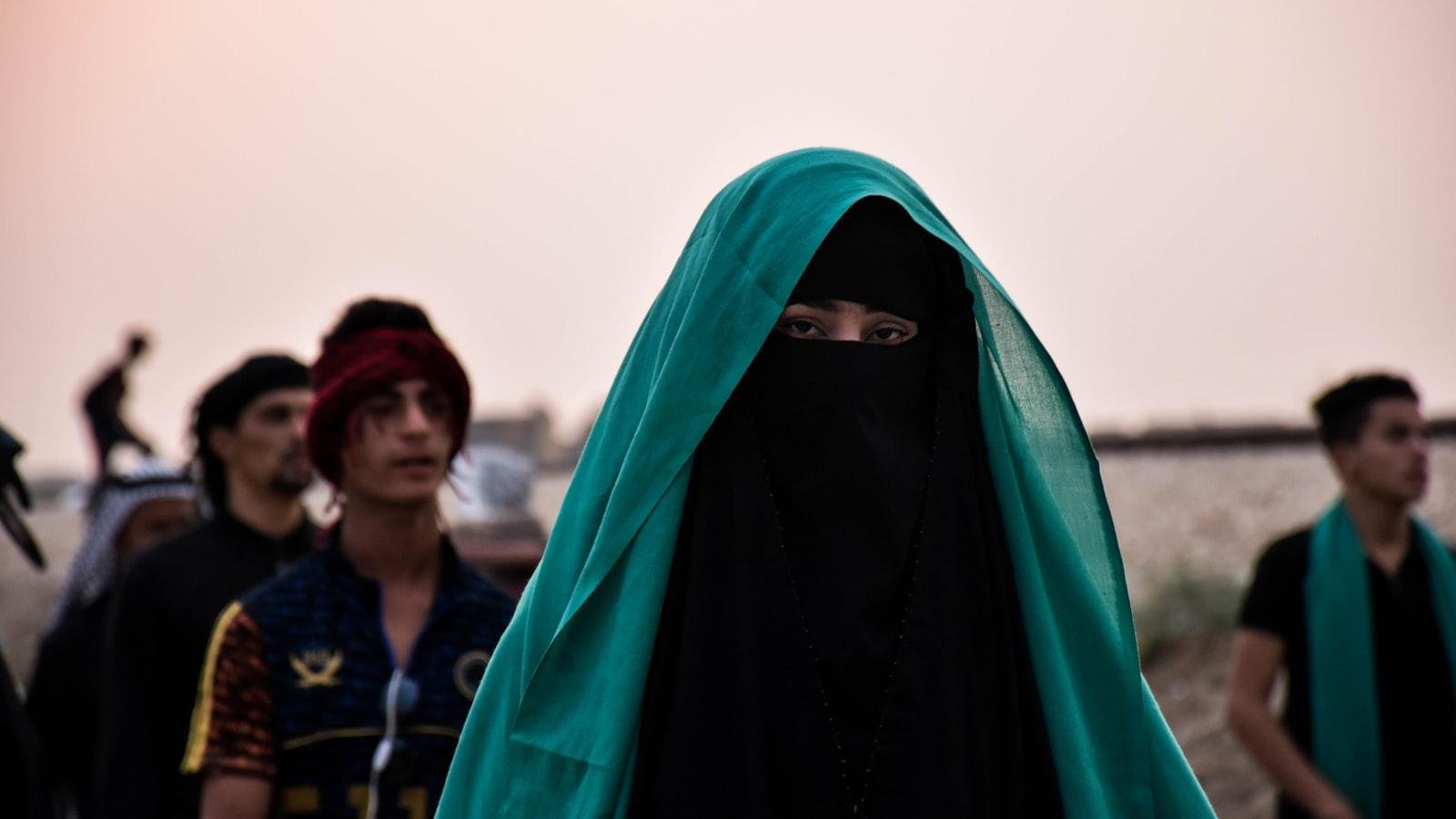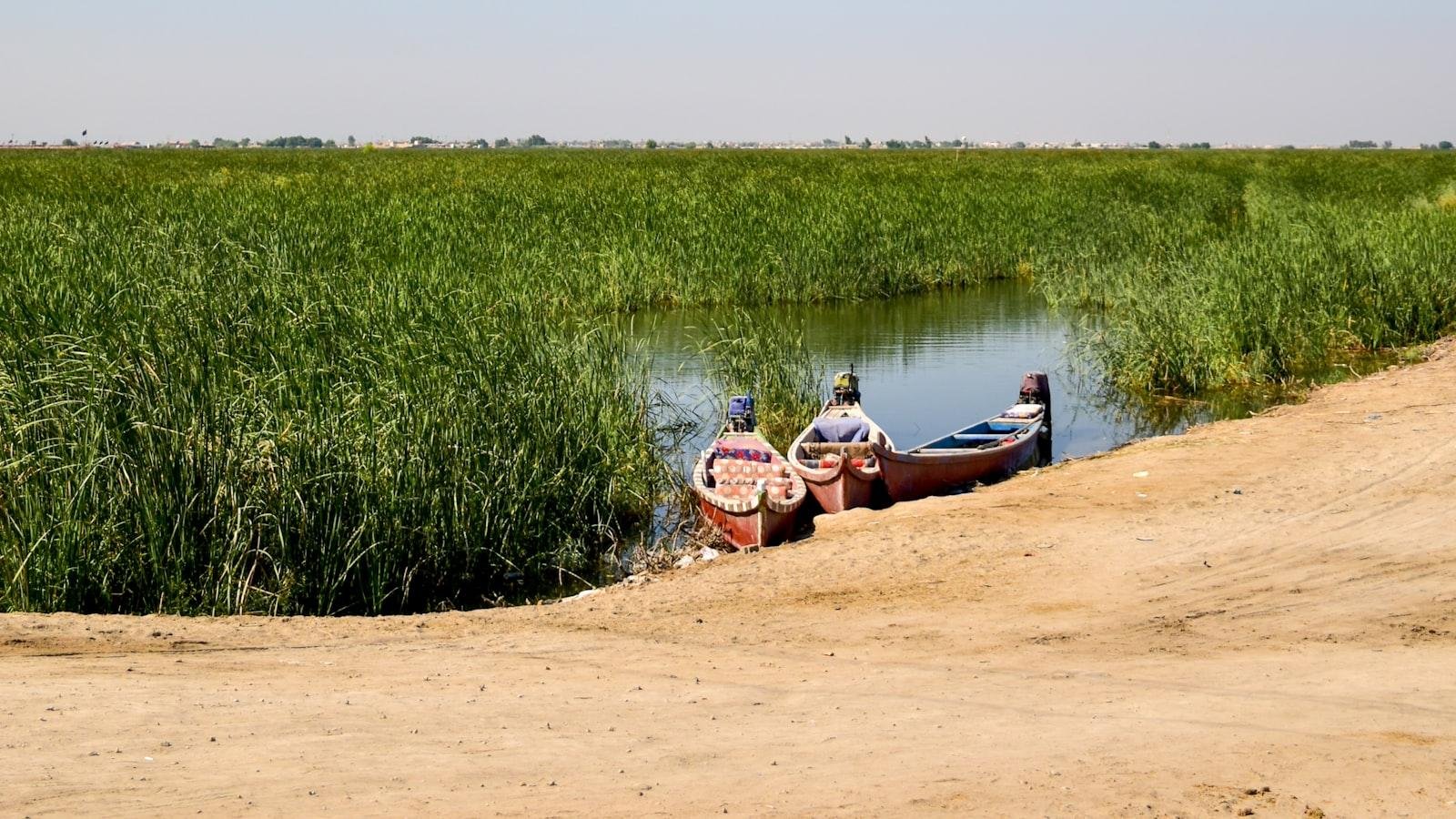Now Reading: Iraq
- 01
Iraq

Iraq
Iraq, officially known as the Republic of Iraq, is a Middle Eastern country located in Western Asia. With a rich history dating back to ancient Mesopotamia, Iraq is a country known for its diverse culture, archaeological sites, and longstanding political turmoil. This article will explore the history, geography, and current affairs of Iraq, shedding light on the complexities and challenges facing this nation.
History of Iraq: Tracing the roots of conflict and instability
Exploring the history of Iraq reveals a complex tapestry of conflicts and instabilities that have plagued the region for centuries. The roots of these ongoing issues can be traced back to ancient times, when Iraq was known as Mesopotamia and considered the cradle of civilization. The region has been shaped by various empires and dynasties, including the Babylonians, Assyrians, and Persians, all of which left a lasting impact on the land and its people.
Following centuries of conquest and occupation, Iraq gained its independence in the 20th century, leading to a series of political upheavals and power struggles that continue to this day. The country has faced numerous challenges, including the Iran-Iraq War, the Gulf War, and the US-led invasion in 2003, all of which have contributed to the ongoing conflicts and instability in the region. The issues facing Iraq are deeply rooted in its history, and understanding this complex past is essential for finding a path towards peace and stability in the future.
Economic Challenges in Iraq: Addressing issues of corruption and dependence on oil
Challenges of Corruption
In Iraq, corruption has been a longstanding issue that has hindered economic development and stability. The lack of transparency and accountability in government institutions has allowed corrupt practices to thrive, leading to a loss of public funds and weakening of public trust. Addressing corruption is crucial for ensuring a fair and efficient allocation of resources, promoting economic growth, and building a strong foundation for sustainable development in Iraq.
Overdependence on Oil
Iraq’s economy is heavily reliant on oil exports, making it vulnerable to fluctuations in global oil prices. Overdependence on oil revenue has hindered diversification efforts and limited the development of other sectors of the economy. To address this challenge, Iraq needs to implement policies that promote diversification, attract foreign investment, and support the growth of non-oil industries such as agriculture, manufacturing, and tourism. By reducing its dependence on oil, Iraq can build a more resilient and sustainable economy that is less susceptible to external shocks.
Political Landscape in Iraq: Analyzing the impact of sectarian divisions
One of the key factors shaping the political landscape in Iraq is the ongoing impact of sectarian divisions. The country is deeply divided along religious lines, primarily between the Shia and Sunni Muslim populations. This division has played a significant role in shaping Iraqi politics, with sectarian tensions often flaring up and influencing government decision-making.
The sectarian divisions in Iraq have had a profound impact on the country’s stability and governance. The Sunni-Shia divide has fueled violence and conflict, making it challenging for the Iraqi government to maintain peace and security. Additionally, sectarianism has influenced political alliances, with parties often forming along religious lines rather than ideological or policy-based platforms. This has led to a fragmented political landscape, making it difficult to build consensus and enact meaningful reforms.
Security Concerns in Iraq: Combating terrorism and insurgency
While Iraq has made progress in combatting terrorism and insurgency, security concerns still remain a major issue in the region. The Iraqi government, with the help of international allies, has been working tirelessly to address these threats and ensure the safety of its citizens.
One of the key strategies in combating terrorism and insurgency in Iraq is through a multi-faceted approach, which includes:
- Military operations: Conducting targeted military operations against terrorist groups to weaken their capabilities.
- Intelligence gathering: Improving intelligence gathering to identify and disrupt terrorist activities before they occur.
- Community engagement: Building trust with local communities to gather information and prevent recruitment by terrorist groups.
Recommendations for Stability in Iraq: Promoting reconciliation and good governance
Promoting Reconciliation:
- Encourage dialogue between different ethnic and religious groups to foster understanding and trust.
- Support initiatives that aim to address grievances and promote healing among communities affected by conflict.
- Implement programs that promote inclusivity and representation of all groups in the political process.
Encouraging Good Governance:
- Strengthen institutions to ensure transparency, accountability, and rule of law.
- Develop mechanisms to combat corruption and promote fair distribution of resources.
- Invest in education and training for government officials to enhance their capacity to effectively serve the population.
The Way Forward
In conclusion, Iraq is a country with a rich history and a complex geopolitical landscape. It has faced numerous challenges in the past, including war, instability, and foreign intervention. Despite these obstacles, Iraq remains a resilient nation with a diverse cultural heritage and a promising future. As the country continues to navigate its way through political and social upheaval, it is important for the international community to support efforts towards peace, stability, and development in Iraq. By working together, we can help Iraq build a more prosperous and inclusive society for all its citizens.











